
Learning together: LGN visits Coloplast Hungary
FEATURE – During a visit last month, members of the Lean Global Network were able to witness Coloplast Hungary’s remarkable Lean progress—cutting lead-times, boosting flow, and strengthening a culture of continuous improvement.
Words: Roberto Priolo
At Lean Global Network, we are quite familiar with global medical device company Coloplast. We have a long-lasting relationship with this organization: not only is it one of our affiliate Lean Enterprise Institute Hungary’s closest friends and co-learning partners, but it is also a company that’s welcomed us several times to carry out improvement initiatives and learn together. The last time I had been there was in February 2020 (a different world back then, to be sure), and it was wonderful to be back in Tatabanya last month to visit them again and learn about the progress they have made over the past five years on their lean journey.
The visit was part of the Lean Global Network’s annual meeting—this year, we held it in Hungary—and gave us an opportunity to visit both distribution center (PDC) and the manufacturing facility.
THE JOURNEY: BEFORE AND AFTER
Back in 2020, Coloplast faced a clear business need: with a growth of 7–8% per year (a 30% volume increase for the PDC over five years), it had to find ways to boost its throughput capacity by reducing its 36- to 48-hour lead-time—from picking to cross-docking—and its large volumes of WIP.
To address this challenge and further build on their lean efforts, Coloplast partnered with the Lean Global Network back in February 2020 for a one-week Jishuken event—to this day, one of the most interesting improvement initiatives I have witnessed, which you can learn about in the video below—in the PDC. It wasn’t an easy week for the Coloplast, whose beliefs and ways of working were challenged by LGN coaches. Nonetheless, the team refers to that Jishuken initiative as a “game changer,” the moment they caught the lean bug. By the end of the Jishuken week, the results were already astounding: lead-time had been reduced to 12-14 hours, the “fast lane” work-around had been eliminated, the number of WIP pallets had dropped from 177 to 120, and materials were only moved twice (down from five times). By 2023, the focus had shifted to manual packaging efficiency in response to labor market constraints. Another Jishuken effort organized with LGN that same year led to a reduction of 64 FTEs, not through layoffs but through better use of labor, and to a mindset shift toward “thinking in seconds”. Today, as the LGN team found out during our recent gemba walk at Coloplast, the lead-time is 4-5 hours, materials are only moved once, and the number of WIP pallets is just 72. Visual management, shopfloor routines, and structured capability development—including several training programs, like the Lean Practitioner Program, the 4C problem-solving method for shift leaders or A3 coaching for engineers—are embedded in the PDC.
On the manufacturing side, automation has advanced through the Colo MES (Manufacturing Execution System) and visual factory systems. Task scheduling modules now ensure process accuracy, triggered by performance, item, step, time, or alarms, with real-time availability across devices.
WHAT LGN SAW AND DISCUSSED
It’s always gratifying to visit an organization that, years after its a-ha moment, is still as committed to Lean Thinking as it was on Day 1. And to see the fantastic results Coloplast has been able to achieve was meaningful for the Lean Global Network members visiting in September 2025. During our gemba walks, we wrote down our comments and questions on post-it notes that we then stuck onto two boards—one for the PDC, one for the manufacturing site. At the end of the visit, in a conference room, we gathered with the senior leadership team and area leaders for a de-briefing. Area leaders were asked to pick a couple of comments from the board and the LGN members who had wrote the comments down provided extra feedback.
For example, Senior Director of the PDC Krisztián Kratancsik highlighted two suggestions—one about simplifying the design of the boxes to make for easier and faster packaging, the other about the introduction of a Dojo to bring all employees to the same level of mastery of the work). György Futakfalvi, Operations Director, and Zoltan Sólyom, Supply Chain Director, reminded the team that they are currently looking into automation as one of the ways to further increase productivity. “Space is limited, but we continue to grow,” they explained.
Cevdet Ozdogan from Lean Institute Turkey (one of two lead coaches during the Jishuken activities, together with Lean Enterprise Institute’s Mark Reich) noted that the team stayed the course and that there was a lot of progress to show for it. “Remember five years ago? There was no space to move around,” he recalled.
Mark Reich, another coach who is intimately familiar with Coloplast’s processes after many a Jishuken event at the company, reflected on the shift in mindset: “Too often we focus on cost reduction, but here at Coloplast the driver was growth. Back in 2020, you said you didn’t have enough space; now you have more than you need.”
The production team also went through some of the LGN team’s suggestions for the manufacturing facility. The ideas included, again, Dojo training classes and the introduction of new tools, such as an auto tape dispenser. The manufacturing team explained that their current focus is on changeovers, something that seemed to strike a chord with Lean Institute Belgium’s Pierre Masai, who congratulated the team on a great use of SMED, inspired by Formula 1, and encouraged them to keep innovating. A word of caution came from Christopher Thompson from Lean Institute Brasil, who warned the team against overrelying on tech and automation—since, over time, the cost of maintenance would go up and more skilled people would be required. “The question we should ask ourselves is not just if we can use the technology, but if we should,” Thompson remarked.
AN ONGOING JOURNEY
The LGN visit reinforced the strength of Coloplast Hungary’s lean journey: from space constraints and long lead-times to an operation characterized by flow, problem-solving discipline, and a growing culture of improvement.
As Cevdet put it: “The more you dig, the more problems become visible.” Rather than being discouraged by the prospect of a journey of improvement that will never end, however, Coloplast will continue to embrace each problem that becomes visible as an opportunity to learn and do things better.
Learn more about Coloplast Hungary's lean journey at the upcoming Lean Global Connection 2025, where Gábor Béres will talk about how the company was able to accelerate the critical, frequently occurring part replacement process in their machines.
Register for free for the LGC here.
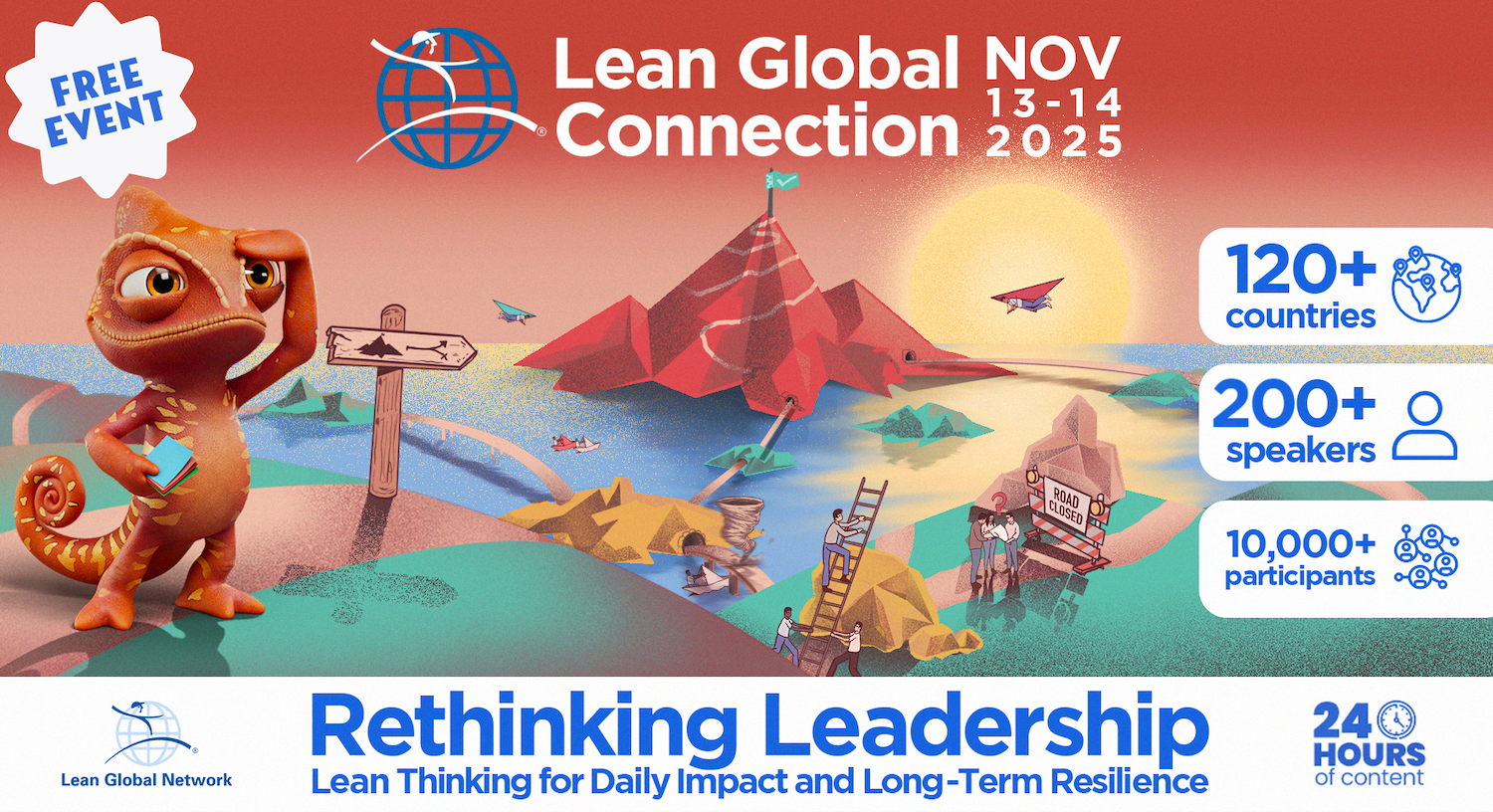
THE AUTHOR

Read more


FEATURE - This set of guidelines will help you to understand how to properly structure your lean transformation, keeping into account the entire organization as it tries to embrace and manage change.



FEATURE - We talk about “changing our mindset” all the time, but do we really understand what this means in the context of our lean transformation? This two-part article tries to understand what the spirit of lean really is.


FEATURE – When it comes to the fight against climate change, we can’t expect to achieve much until we fundamentally challenge the way we think about resource consumption. Lean is our tool to do that.
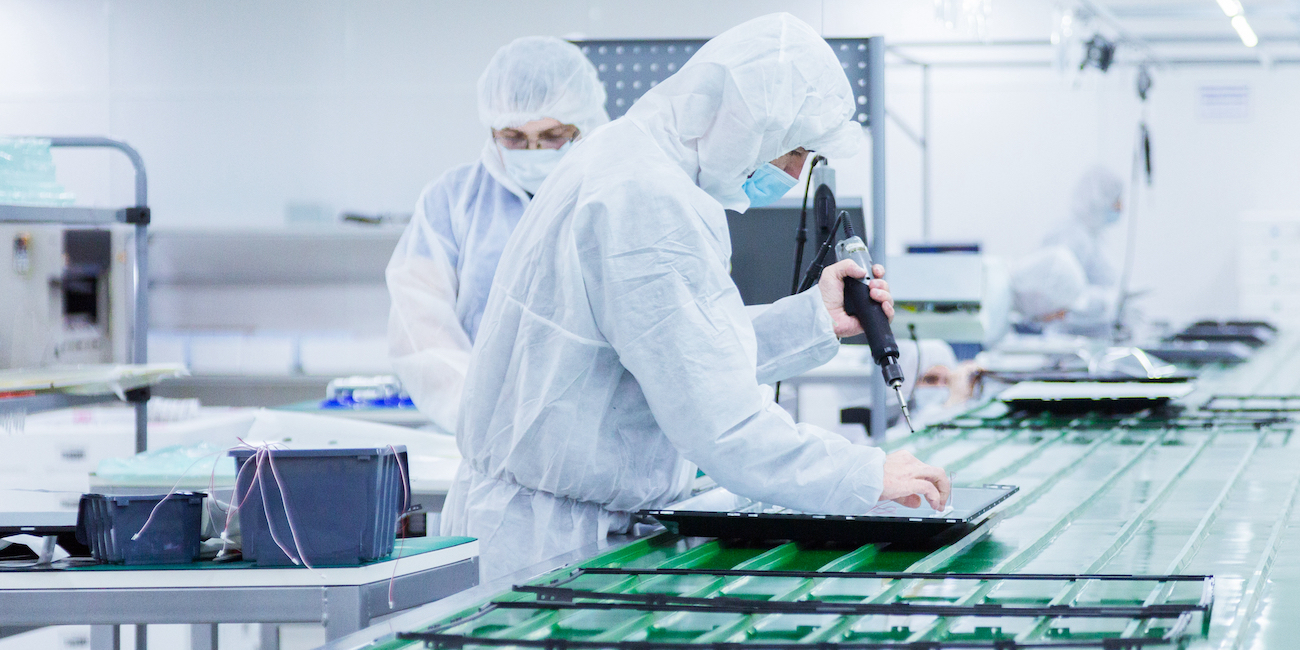

FEATURE – Aligning supply flows with demand is crucial to success, but it can be complicated. Lean Thinking can help us identify the strategy and sequence of activities that we need to make it a reality.
Read more
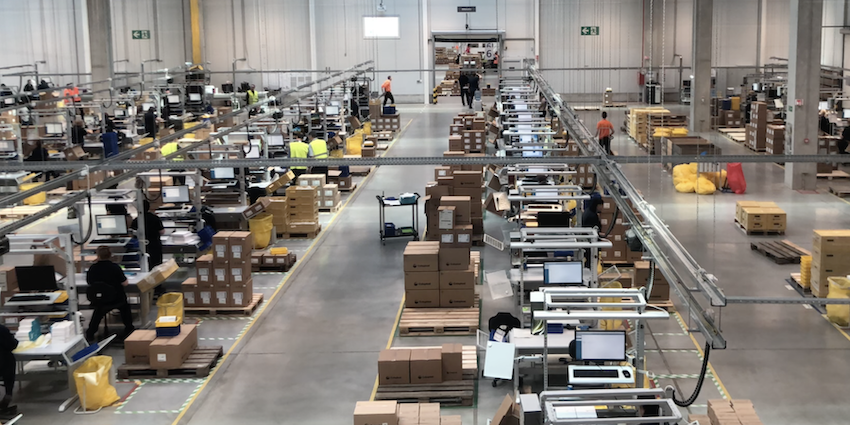

VIDEO - In February, a group of Lean Global Network coaches visited Coloplast's Parts Distribution Center in Hungary to help the local team improve the internal lead-time across the facility.
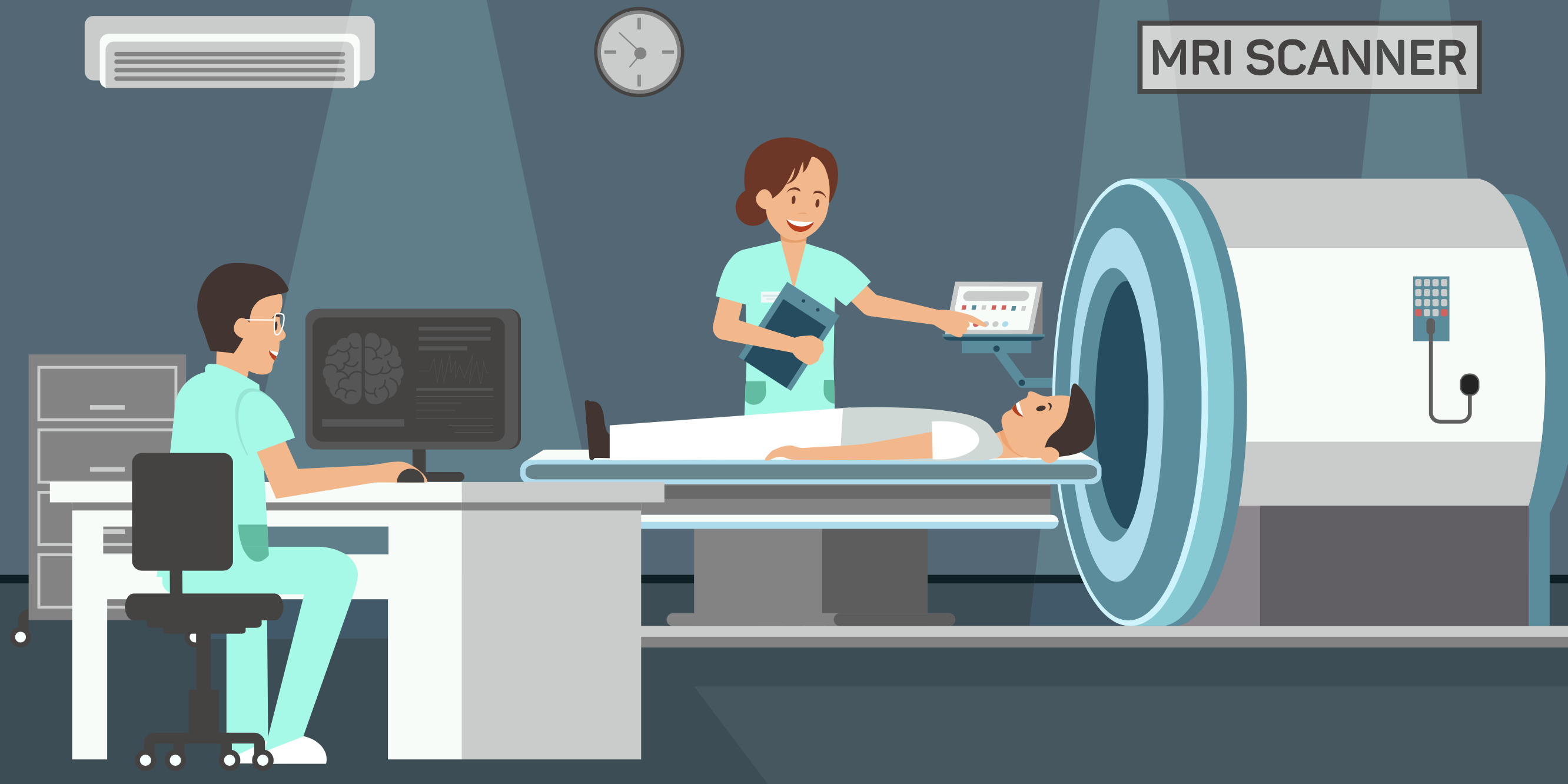

FEATURE – In March 2019, this hospital partnered with the Lean Global Network on a two-day Jishuken event. Nearly two years later, the authors reflect on the legacy of that initiative.
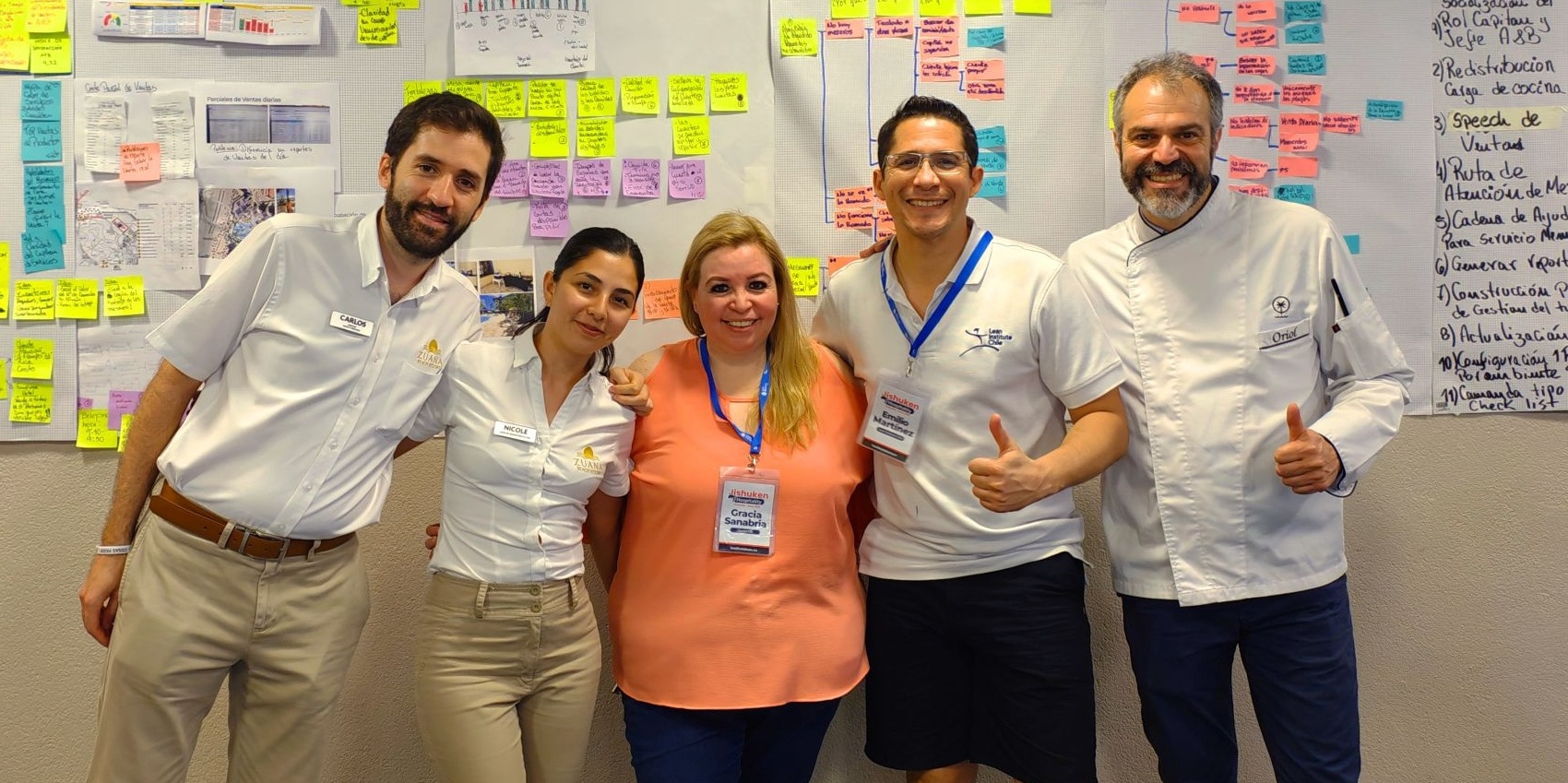

FEATURE - Three days of learning-by-doing and hands-on improvement work to bring real results for a hotel in Colombia, as Lean Global Network gathered in the Caribbean for its latest Jishuken event.
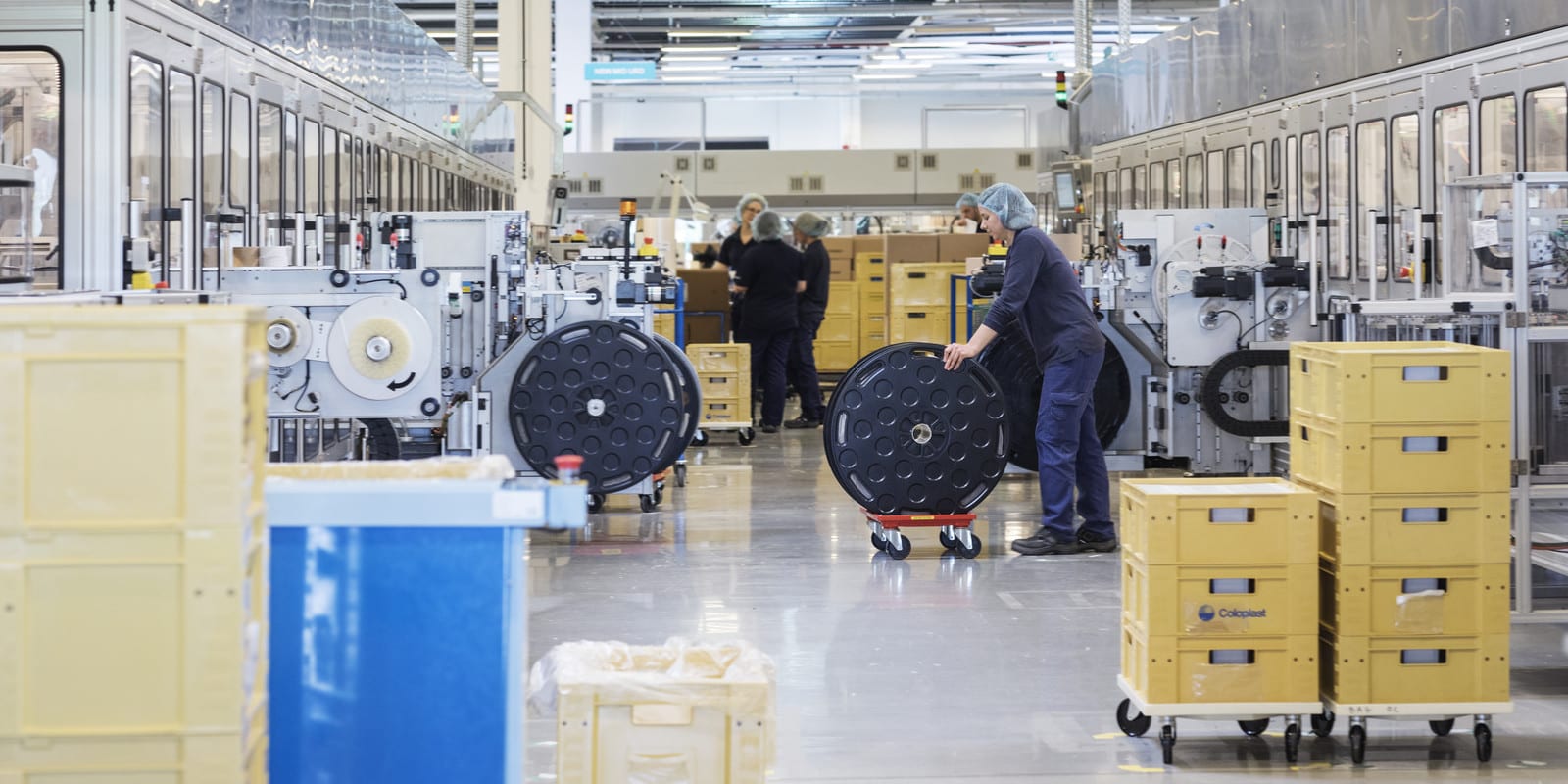

CASE STUDY – The author looks back at the impressive lean transformation of the Hungarian plant of Coloplast, a Danish company offering medical devices and services.

